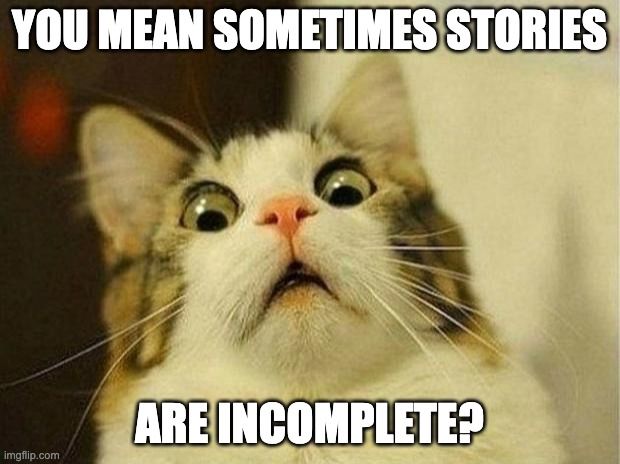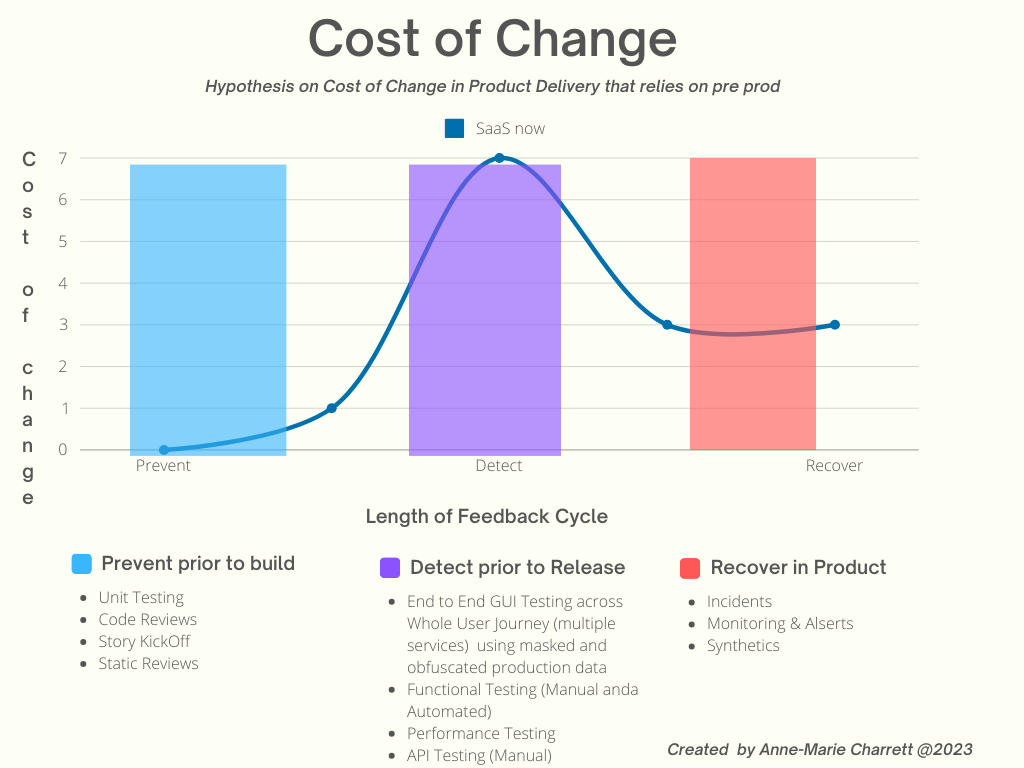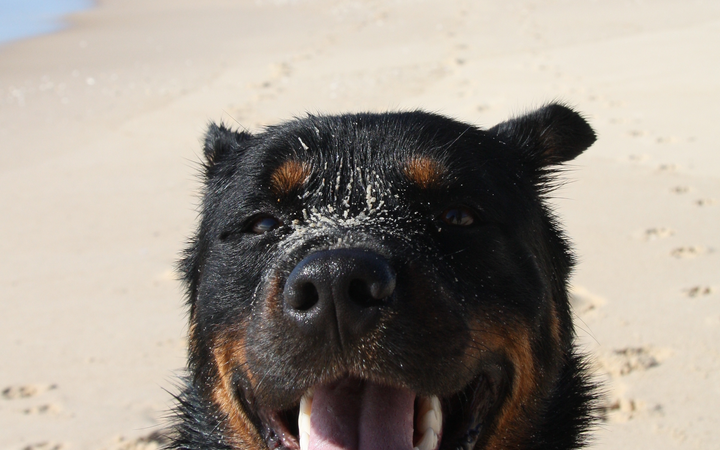Example Mapping for Quality Coaches
Example Mapping workshop for quality coaches contains instructions and slides using a typical story to help quality coaches get started on example mapping for their teams.

Discovery Work
One of my first tasks as a software tester was to critique requirements. Before any software could be written, and with little context, my instructions were to critique them using the 4c's; clear, concise, correct, complete. Software development could begin only when the requirements had been critiqued and tests outlined.
In doing this, we not only prevented mistakes and identified misunderstandings, but we also developed a shared understanding of what we were building that went beyond an agreement on wording. For example, the 4 C's meant we had:
- scope agreement
- knowledge of critical logic
- implicit assumptions identified
- possible risks to the success
- a reasonable estimate of time required to perform work
After leaving this company, I discovered this approach was atypical, which is a shame given the benefits it provided. Reduced ambiguity and better shared understanding, reduced rework, the risk of feature failure and helped teams remain within the "flow of work" as less context switching took place. A bonus was that estimates become more accurate, resulting in improved confidence when delivering customer value.
Discovery Workshops
Fortunately, since then, much work has been done to raise awareness of discovery work and its benefits.
There are many discovery workshops such as OOPSI, example mapping, and three amigos, each with its strengths. For example, I find OOPSI, created by Jenny Marr, great for complex scenarios such as value streams. Alternatively, Example Mapping by Matt Wynne is ideal for smaller user stories. But, of course, everyone has their own personal preference.
Example Mapping
Example Mapping's strength is its focus on visualisation through examples.
This workshop is based on but differs from Matt Wynne's initial workshop in that its format is #remotefirst. Plus, there's an opportunity for self-reflection and discussion after the exercise.


